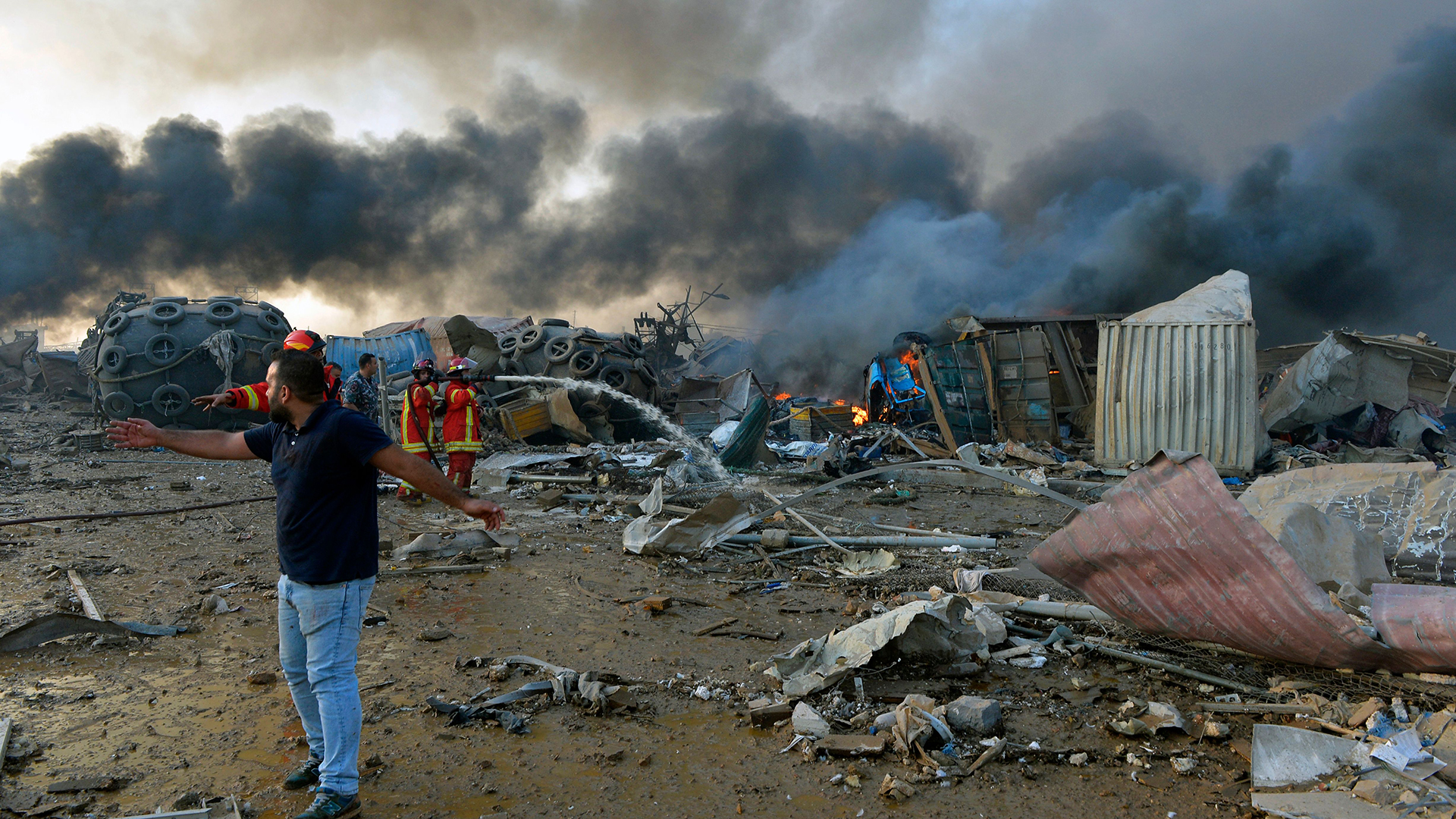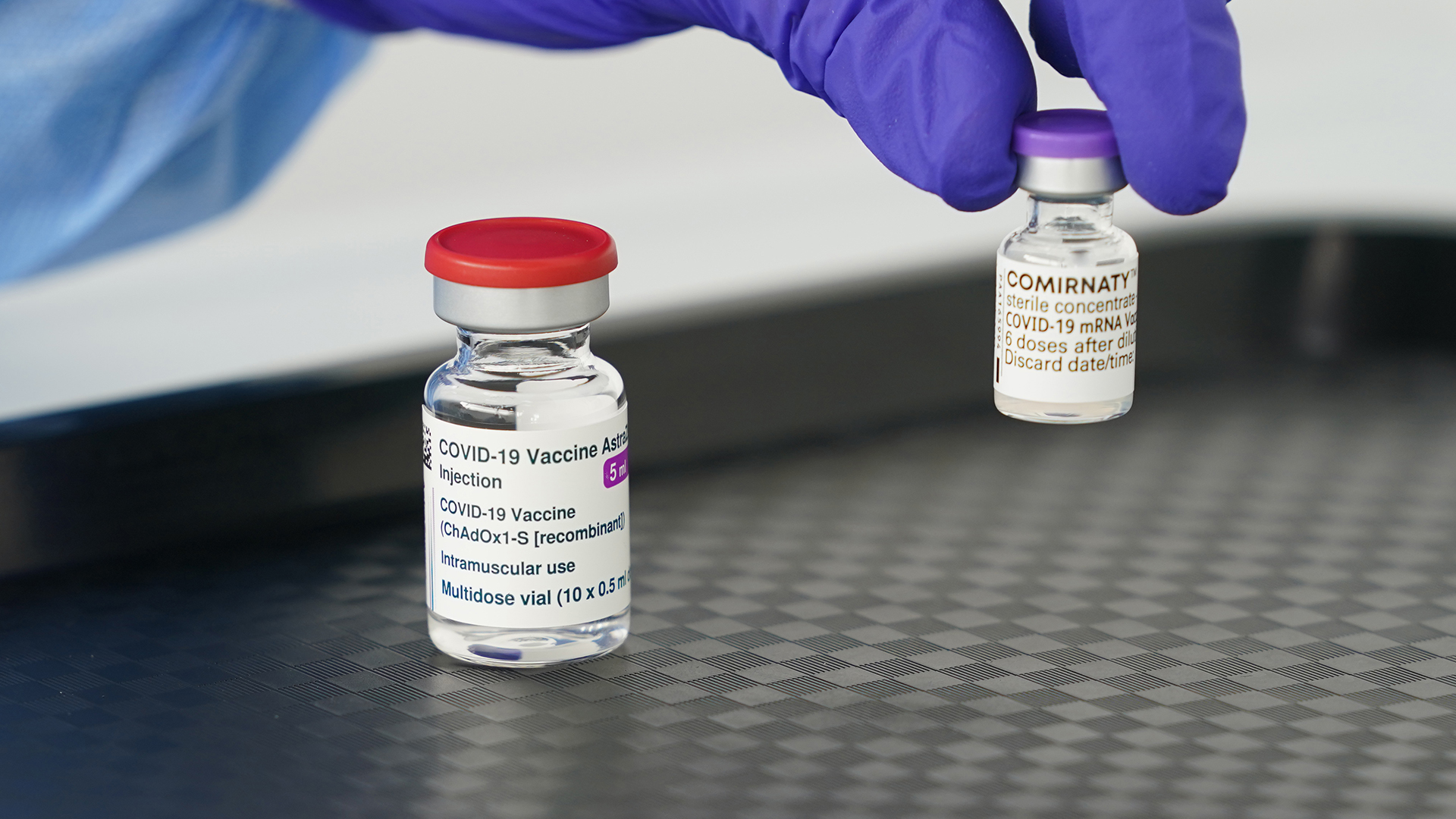
Supply crisis in Lebanon Queuing for a little gasoline
Status: 14.06.2021 8:41 a.m.
There is currently a shortage of fuel, electricity and medicines in Lebanon. Because the country is in a serious economic and financial crisis. Many Lebanese fear that the situation will get worse. By Anne Allmeling, ARD-Studio Cairo, currently Beirut Layali has almost reached her goal. Six or seven cars are waiting in line at the gas station in front of her. Then it’s her turn. “I don’t know how much I get, but I take as much as they give me.” Layali, who doesn’t want to give her last name, has been waiting for two hours to fill her tank with at least a few liters of gasoline. The 31-year-old works as a lecturer at a university in the center of Beirut. She needs the car on the way to work. “This is the second day I’ve tried to get gasoline. I drove all over town yesterday to find an open gas station. Then I waited four hours. When there were only four or five cars left in front of me were in the queue, it was said that there was no more gasoline. ”
Country has been in crisis for almost two years
Anyone who wants to refuel in Lebanon needs a lot of patience. Because fuel is in short supply. The country lacks the foreign exchange for imports. Lebanon has been in a serious financial and economic crisis for almost two years. The corona pandemic and the explosion in the port of Beirut a good ten months ago made the situation even worse. After its resignation, the government is only in a managerial position, but hardly able to act. In addition, there is a risk of state bankruptcy. Gasoline prices have more than tripled – but many Lebanese have no choice. “There is no public transport, no railroad. There is only private transport,” says Jihad Shehab. The 52-year-old salesman has been waiting for gasoline for his old Mercedes for an hour and a half. Because the line is moving very slowly, he got out of the car and is talking to a friend. “The situation is getting worse and worse. Nothing is progressing, neither in the government nor in the state, nothing,” he complains. Everything got out of hand. There is a dispute right in front of the gas station. A taxi driver complains: He only got twenty liters – not a full tank like the customer before him. His car has a special license plate that only a few Lebanese can afford – if they have the right connections.
Questions and answers What is known about the explosions? The cause of the explosions in Beirut is still unclear – the extent of the destruction is immense.
Hardly any protests against the political elite
Nepotism and corruption are widespread in Lebanon. One reason why influential politicians and business people have been able to enrich themselves on a large scale in recent decades – at the expense of the state, which is now almost bankrupt. These people should be driven out of their offices, says a young woman who does not want to give her name: “Those responsible in Lebanon do not take any responsibility. The only solution would be for the people to put pressure on the state.” But if there is no uprising, the situation will not improve. Protests against the political elite are sporadic in Lebanon, however. More than half of the population is now considered poor. Most people are busy every day to ensure their survival and that of their families – like Layali. She is now number three in line – but even today she does not get any gasoline. The gas station closes before it is her turn. “Unfortunately, it didn’t work out. This has happened to me for the fifth time. I have to keep trying.”

























































 FAQ 08/06/2020
FAQ 08/06/2020



You must log in to post a comment.